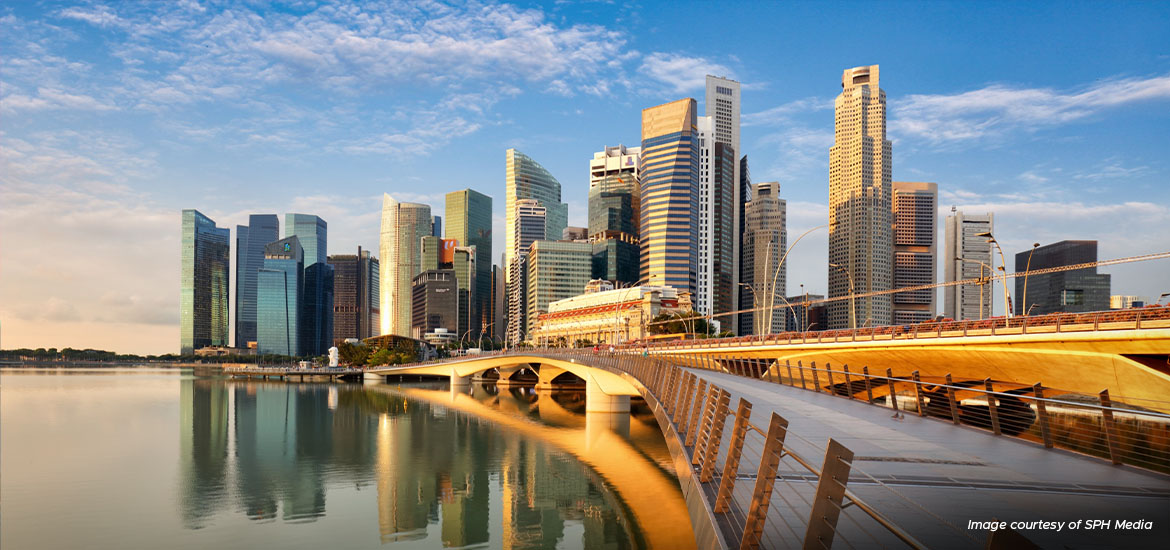Another strength of Singapore, according to the white paper, is its growing consumer base with higher spending power. Annual disposable income per capita in Singapore rose from US$23,000 in 2010 to US$28,000 (S$37,000) in 2020, and is expected to reach US$47,000 by 2030.
Foreign direct investment inflows to Singapore grew from US$57 billion in 2010 to US$75 billion in 2020. Meanwhile, Singapore’s gross domestic product grew from US$236 billion to US$345 billion over the same period.
Singapore was ranked Asia’s top financial centre and third in the world in 2022, according to the Global Financial Centres Index.
The white paper also said that the focus on sustainability is increasing, with 57 per cent of business leaders indicating that their choice of suppliers will be determined by ESG (environment, social, governance) considerations.
Other findings include the expansion potential of countries. Some 67 per cent of the global business leaders surveyed believe India has the highest potential as businesses seek to expand and develop within Asia. It is closely followed by China (57 per cent) and Indonesia (38 per cent).
Most business leaders surveyed (77 per cent) said they are looking to Asia for expansion or transformation opportunities, primarily because of the region’s expanding and evolving consumer base.
Given Asia’s rapidly increasing Internet penetration, the rise in mobile and live-streaming e-commerce is expected to generate new channels of consumption and opportunities.
In the survey, 62 per cent of business leaders cited the following key factors in supporting Asia’s future transformation and their longer-term business ambitions in the region: improvements in physical and digital infrastructure, advancements in workforce skill sets, and supportive government policies and incentives.









